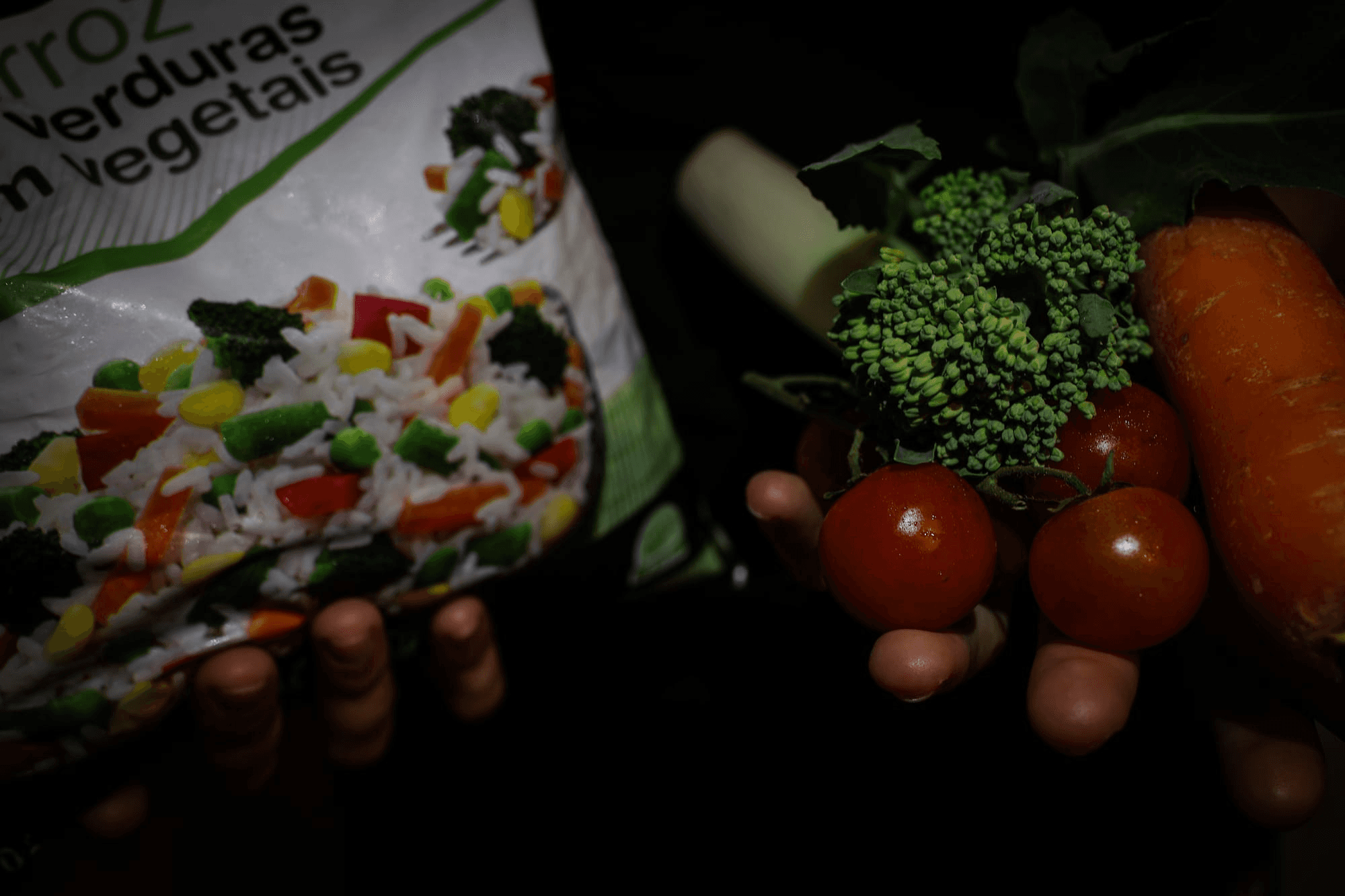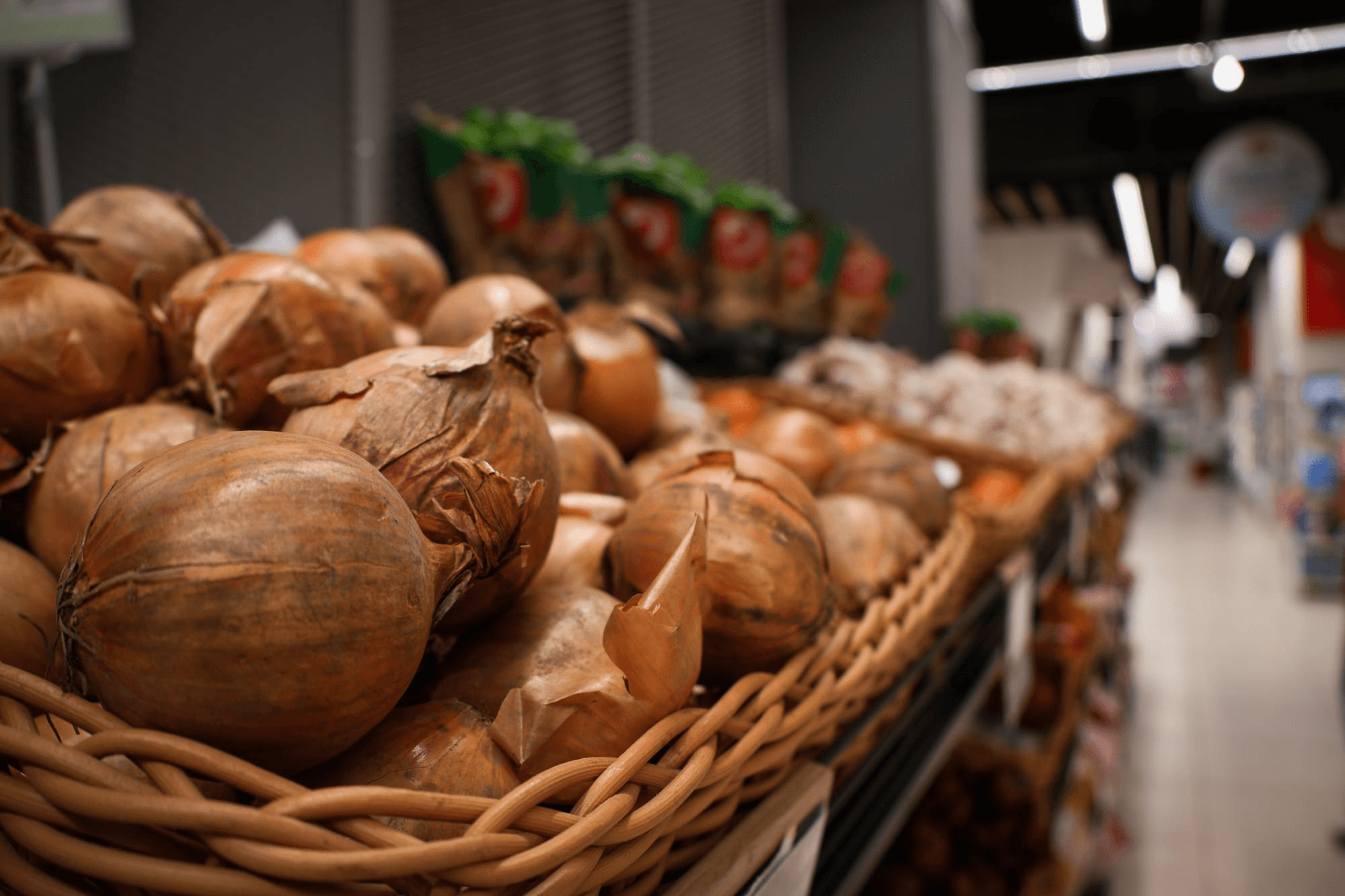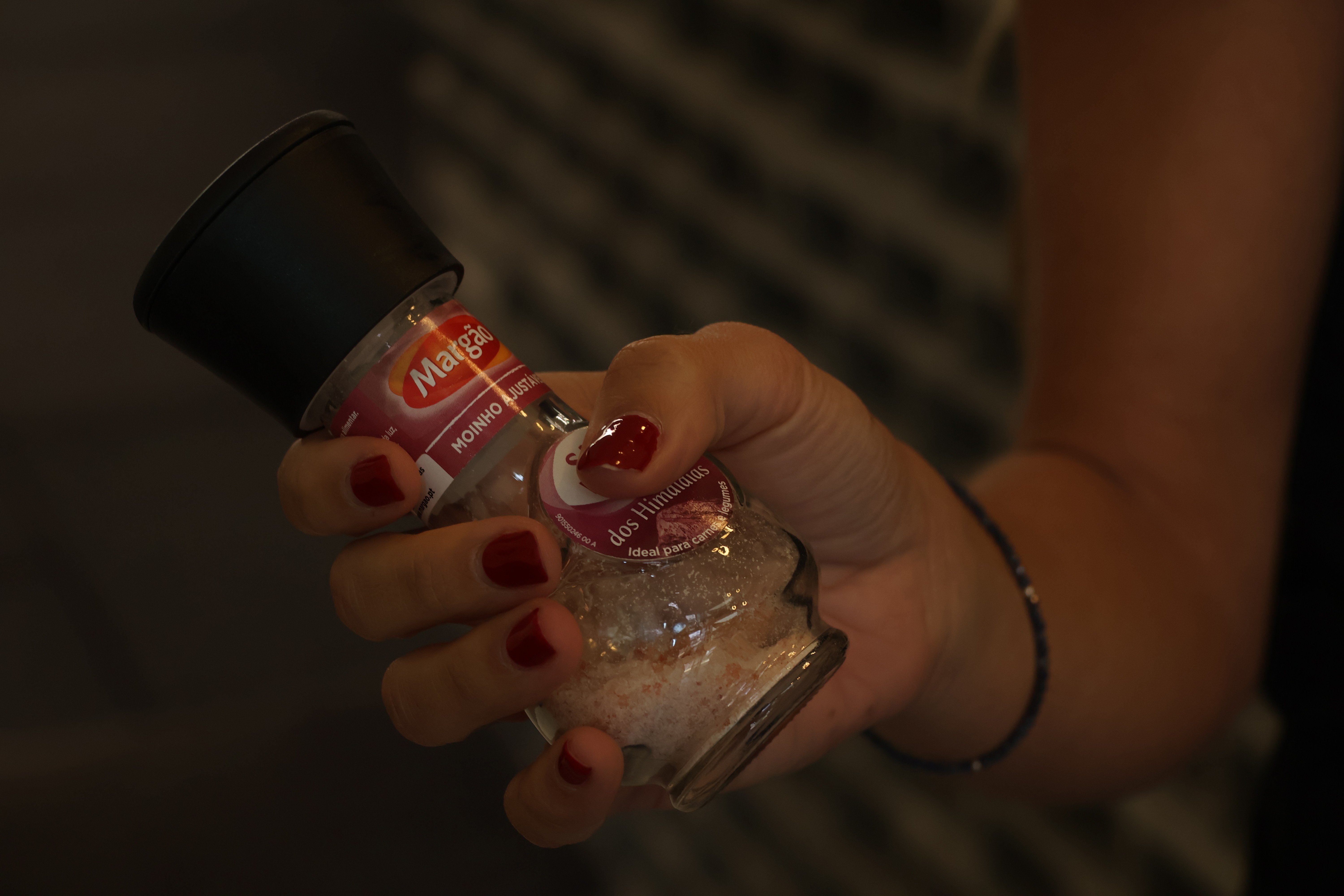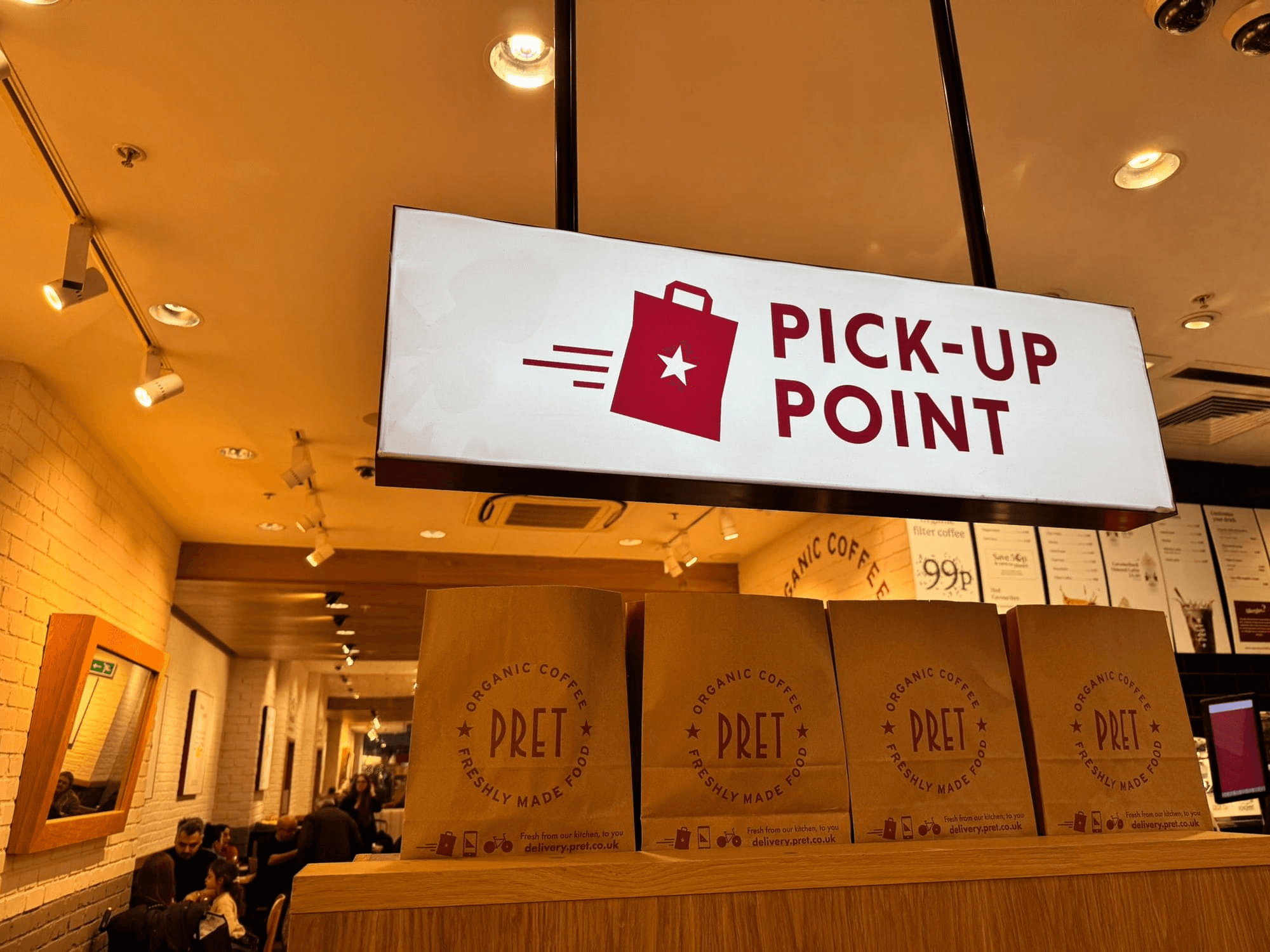3
min read
Selecting between fresh and frozen vegetables is a frequent topic in nutritional discussions. Factors like quality, convenience, taste, and environmental impact all play a role when deciding which one is the best option. In this article we’ll explore the pros and cons of frozen and fresh vegetables to help you make informed choices in the future.
1) Nutritional content
Regarding their nutritional value (concentration of fiber, vitamins, minerals, etc), fresh vegetables, harvested at peak ripeness and consumed soon after picking, will offer the maximum amount of nutrients you can possibly get from your vegetables. However, this ideal scenario isn't always practical. Here's where understanding fresh vs. frozen vegetables comes in.
While fresh produce can lose nutrients during transportation, storage, and cooking, frozen vegetables are typically flash-frozen at their peak, locking in many essential nutrients. While some nutrient loss might occur during freezing and storage, frozen vegetables can still be a great choice for convenience and year-round availability.
Verdict: If you can access fresh, local vegetables and consume them right after harvest, that's the ideal scenario. If not, picking frozen or fresh vegetables will be similar. Ultimately, prioritize diversity in your diet - the wider the variety of vegetables you consume, the more complete your nutrient intake will be.
2) Convenience
Convenience is a key factor in maintaining a well-balanced diet. Frozen vegetables offer significant advantages when it comes to vegetable consumption. These advantages include:
Year-round availability - you can enjoy your favorite vegetables anytime, even if it’s not the right season for harvest
Reduced preparation time - frozen vegetables normally come pre-washed and chopped, which reduces meal preparation time
Extended shelf life - aside from minimizing food waste, you can have them stored in your home for a long time, ensuring you always have vegetables at hand for your meals
Verdict: Convenience is an easy win for frozen vegetables, as they represent a practical and nutritious solution for increasing vegetable intake within your diet.
3) Taste and texture
Texture and taste is all about preference, so it’s hard to tell which option is the best. What we can tell you is that fresh vegetables are celebrated for their crisp texture and vibrant taste, while frozen vegetables have softer attributes.
Verdict: Although there's no overall winner in this matter, we strongly advise you pick your own - if you like your vegetables softer and with light flavor, definitely go for the frozen options. If, on the contrary, you enjoy their crispness and strong flavor, pick the fresh ones.
4) Cost
Frozen vegetables are often better when it comes to affordability. This is particularly true for out-of-season fresh produce. Here's why:
Seasonality - fresh vegetables harvested outside their natural growing season can be significantly more expensive due to increased transportation and storage costs
Reduced waste - fresh vegetables have a shorter shelf life and can spoil quickly if not used promptly. This can lead to wasted food and lost money. Frozen vegetables offer a longer shelf life, minimizing food waste and maximizing your grocery budget
Verdict: Overall, frozen vegetables can be a more cost-effective way to incorporate essential nutrients into your diet, especially when considering seasonal price fluctuations and potential waste.
5) Environmental impact
The environmental impact of vegetables can be a complex issue, and both frozen and fresh options have considerations.
While transport and waste of fresh vegetables can pose an environmental threat, the processing and packing of frozen vegetables may equal or overcome it.
To choose low environmental impact vegetables, you should:
Choose local - locally grown fresh vegetables can have a lower impact than frozen vegetables transported long distances
Minimize food waste - if you struggle with food waste of fresh vegetables, frozen might be a better choice for you
Be mindful about packaging - look for vegetables with minimal or recyclable packaging
In conclusion, each option brings its own advantages and drawbacks to the table. Ultimately, the decision rests on individual priorities, culinary habits, and lifestyle demands.
At Daily Body Coach, we help you pick what’s the best for you, removing that load to help you focus on what really matters. Book a quick free consultation and get in touch with our certified professionals.













